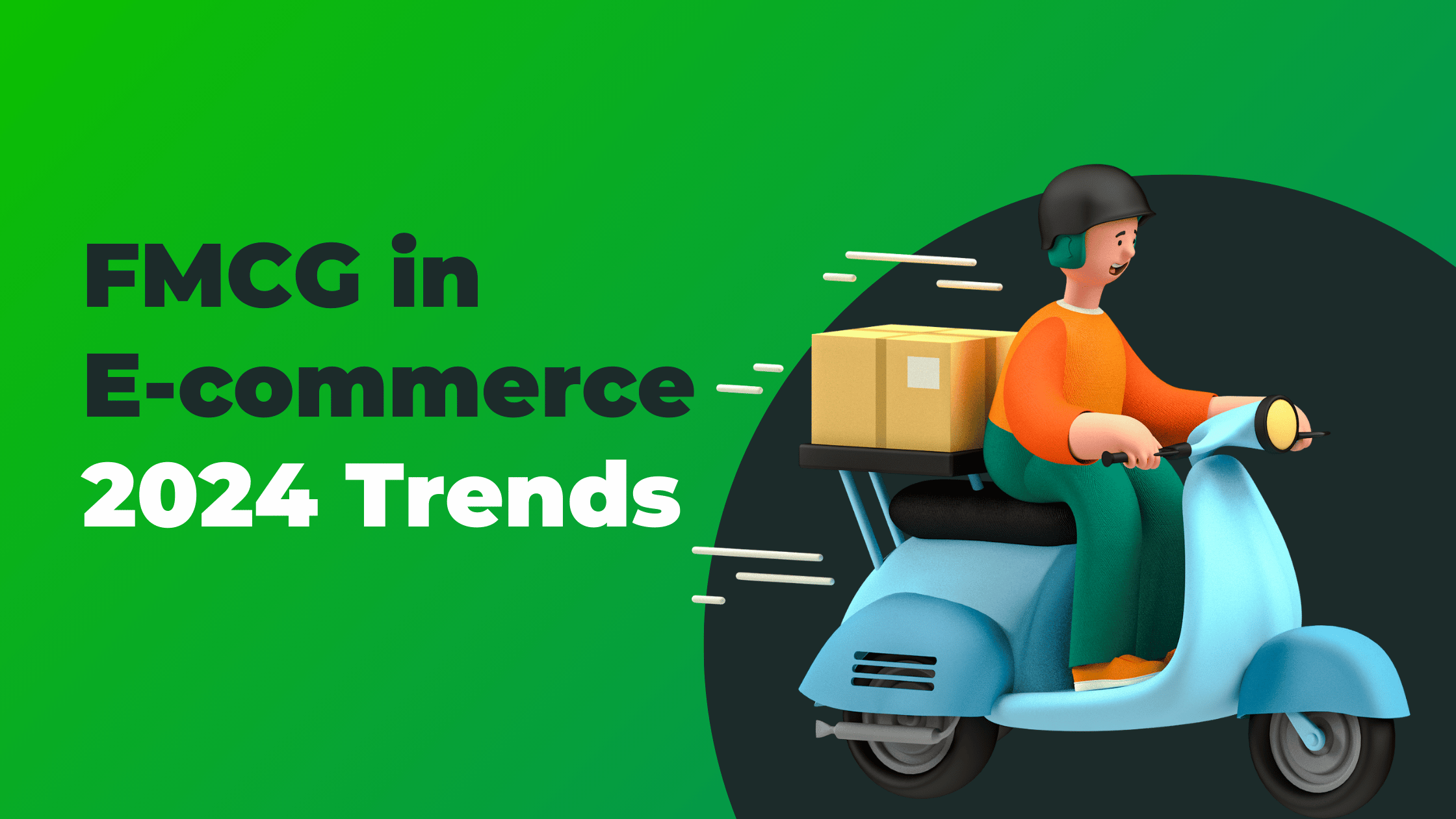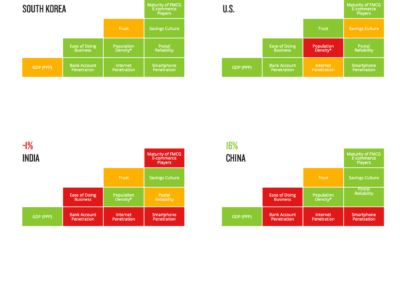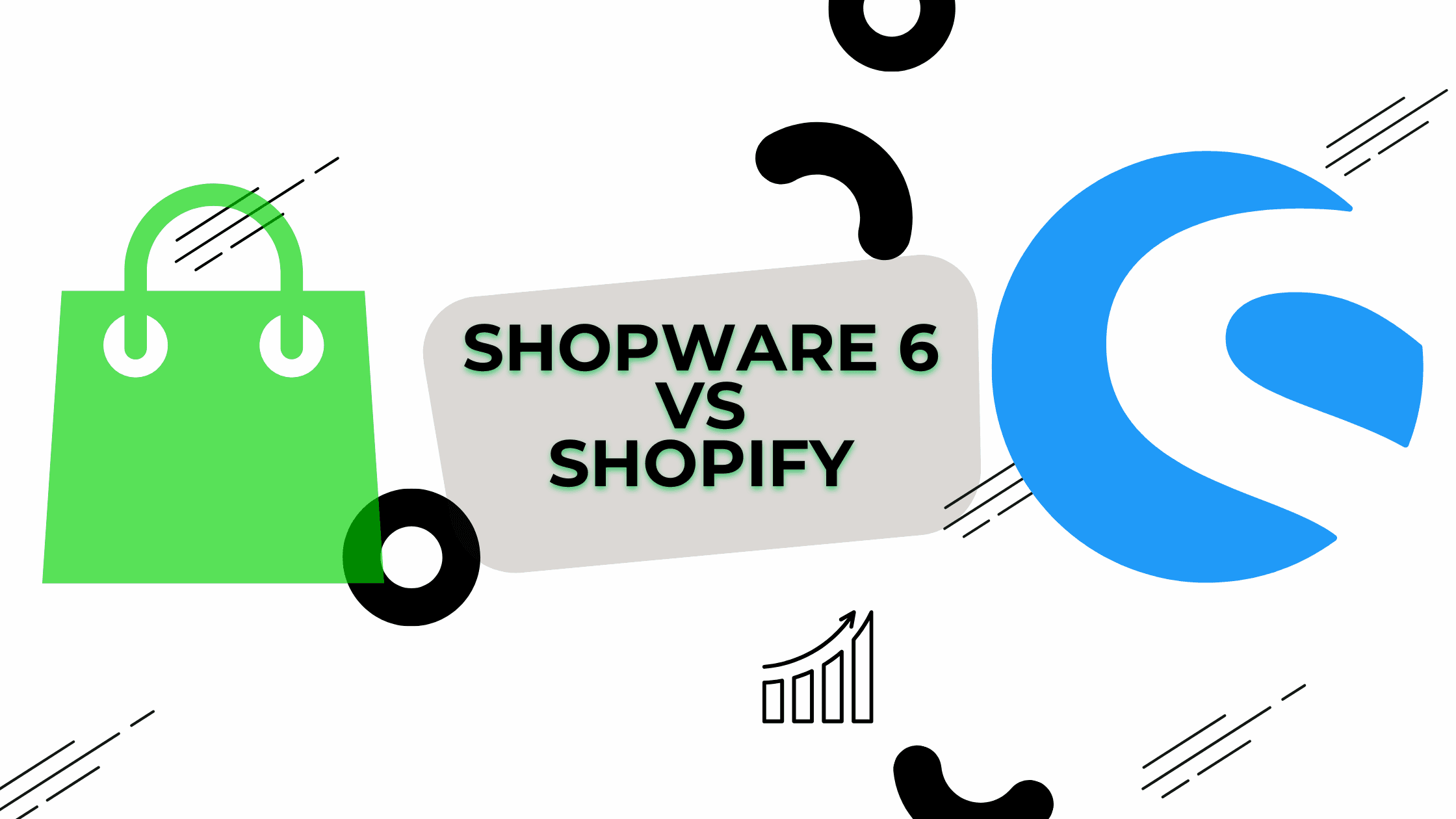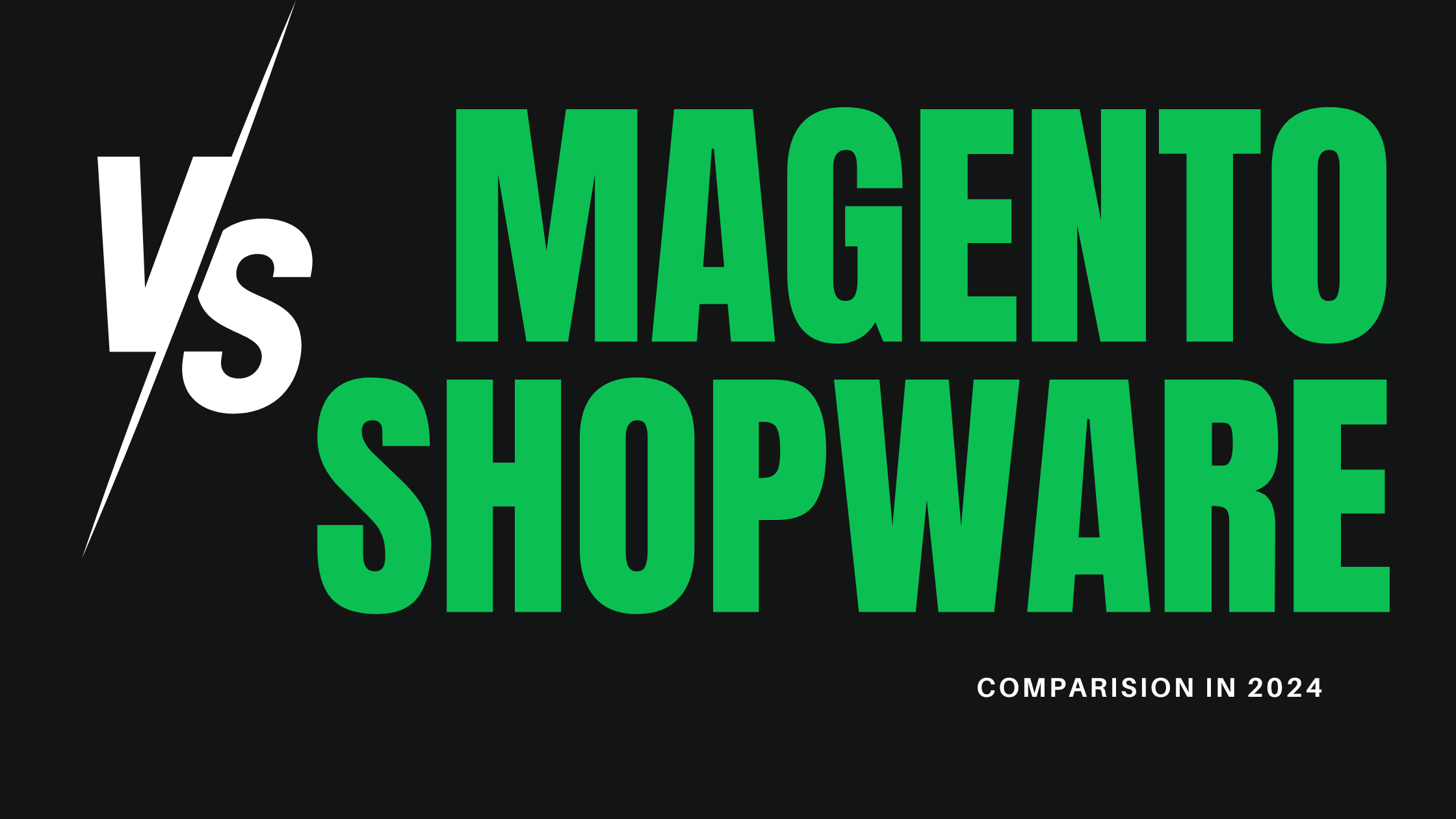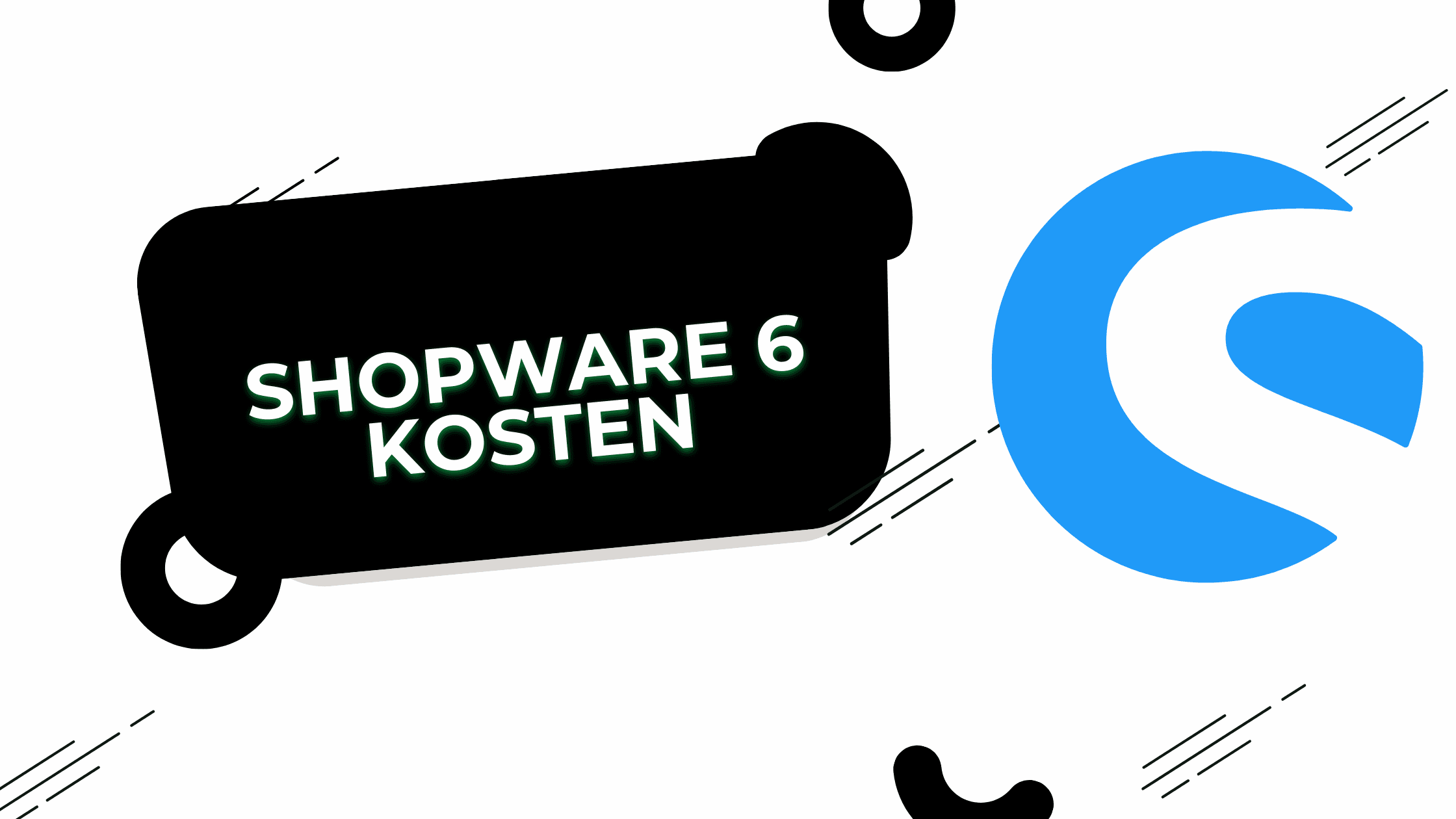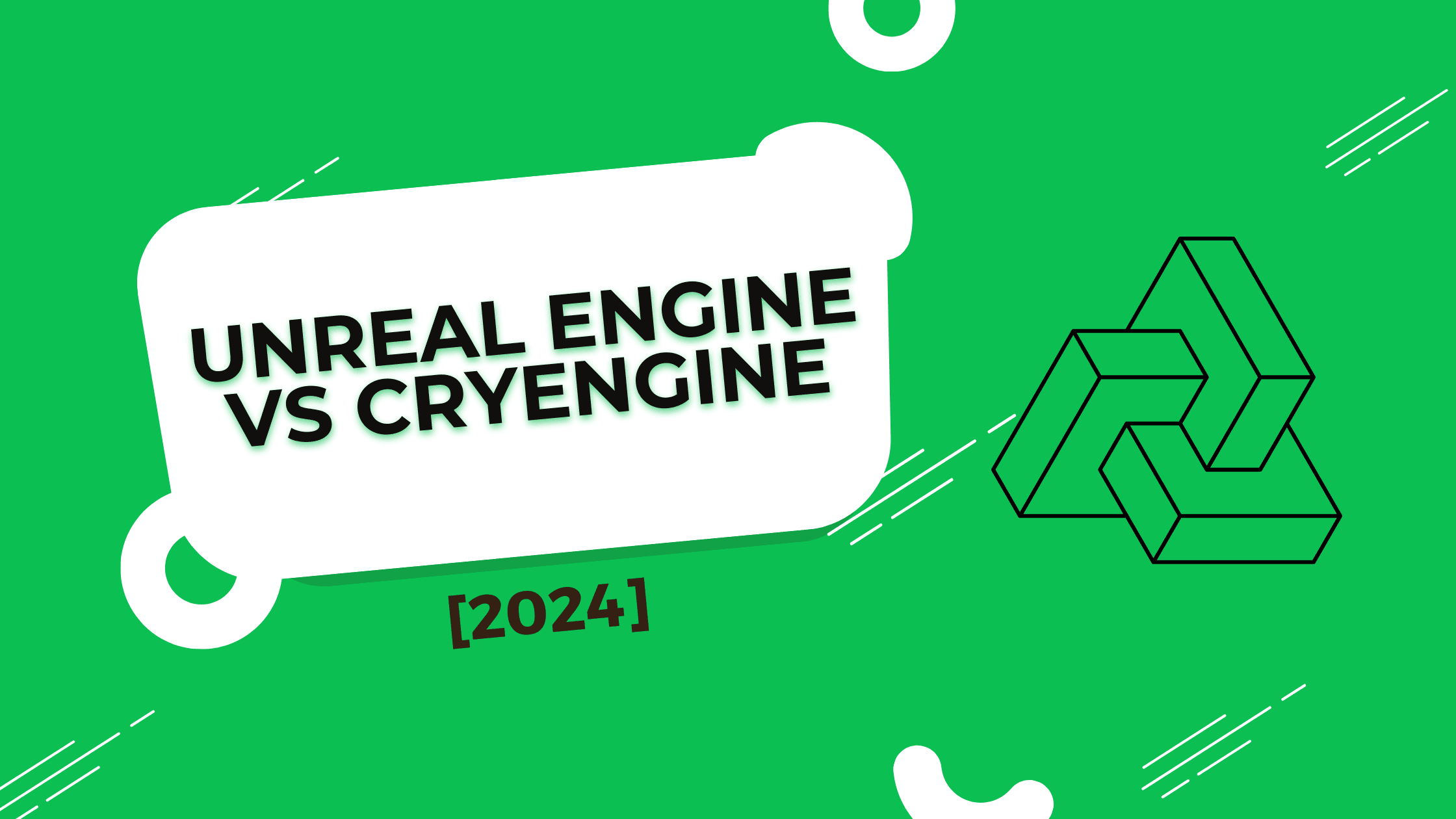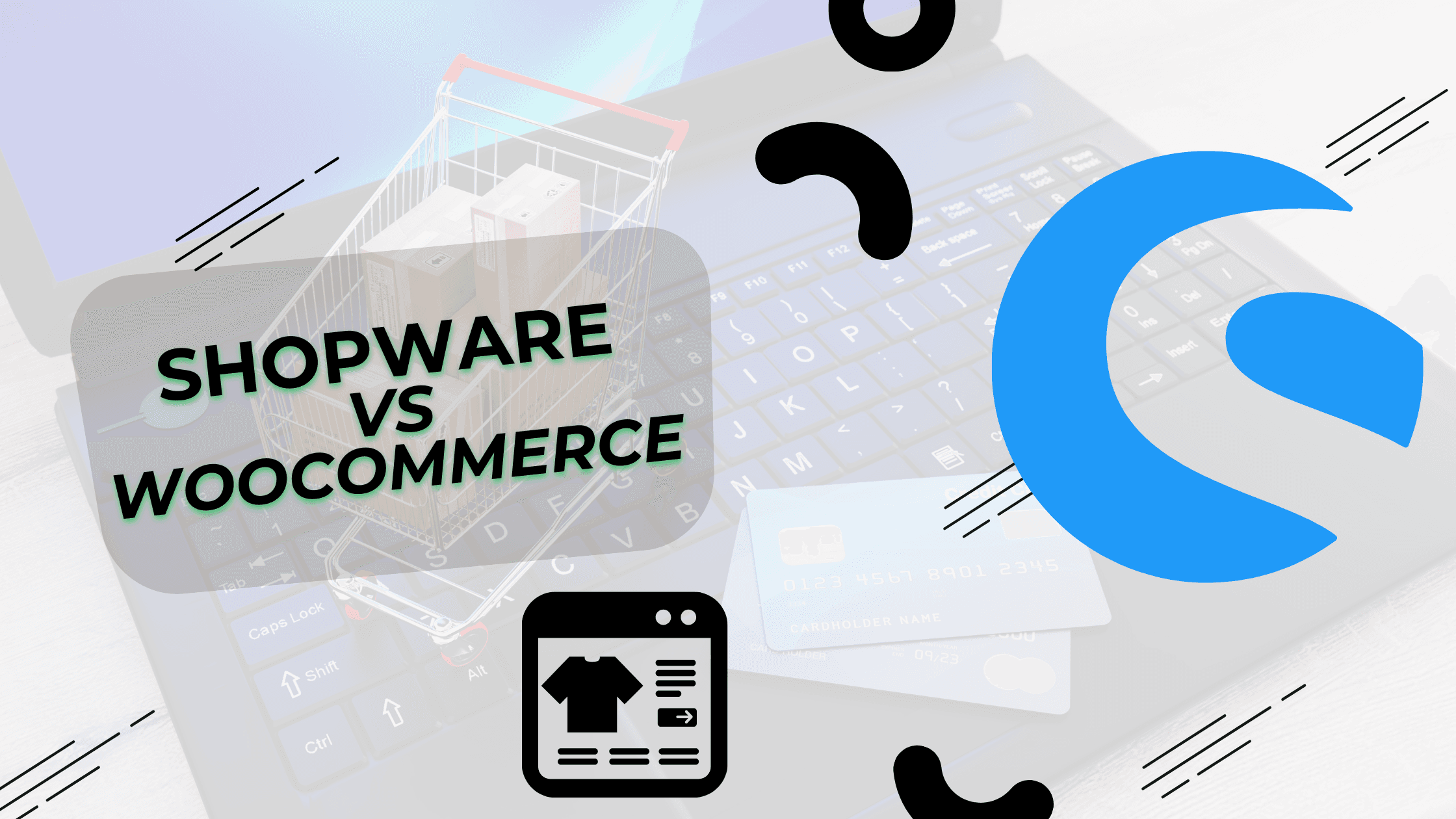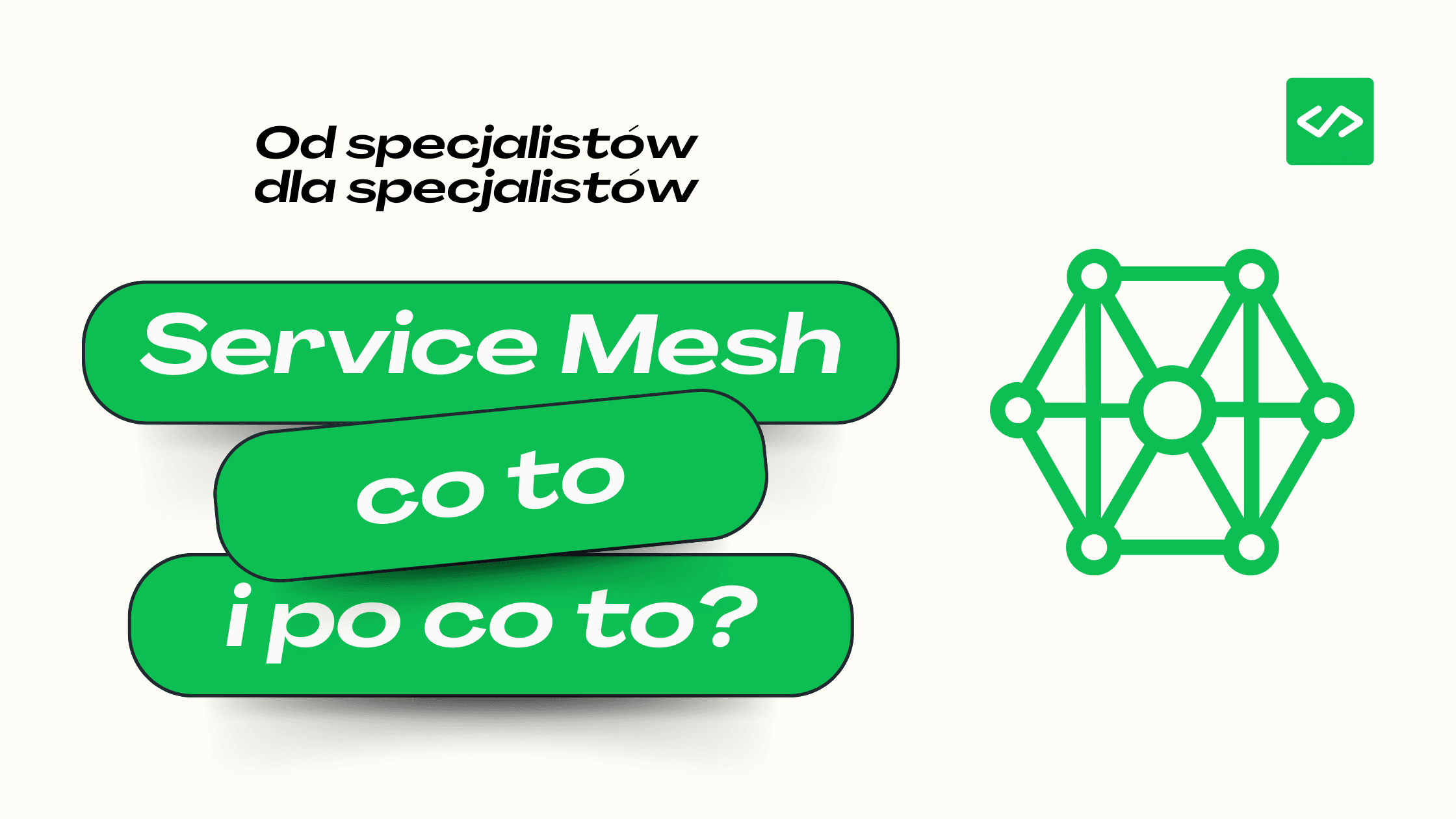FMCG Ecommerce: A New Trend Reshaping the Fast-Moving Consumer Goods Industry. Best E-Commerce strategies.
In recent years, the fast-moving consumer goods (FMCG) industry has been experiencing a significant shift towards ecommerce. This transformation has been accelerated by changing consumer behavior, technological advancements, and the global pandemic. But is FMCG ecommerce really a new trend, or is it simply the natural evolution of an industry adapting to the digital age?
The Rise of FMCG Ecommerce
FMCG, or fast-moving consumer goods, are products that are sold quickly and at relatively low cost. Examples of FMCG include food and beverages, personal care products, and household items. Traditionally, these products have been sold primarily through brick-and-mortar retail channels. However, the landscape is rapidly changing.
The Growing Importance of Online Sales in the FMCG Market
In recent years, online sales of FMCG products have been steadily increasing. According to industry reports, the global FMCG ecommerce market is expected to reach $1.1 trillion by 2025, representing a significant share of the global FMCG market. This growth is driven by several factors:
- Changing consumer preferences
- Increased internet penetration
- Convenience of online shopping
- Wider product selection available online
Impact of the Pandemic on FMCG Ecommerce
The COVID-19 pandemic has accelerated the adoption of ecommerce in the FMCG industry. With lockdowns and social distancing measures in place, consumers turned to online channels to purchase their everyday essentials. This shift in consumer behavior has forced FMCG companies to rapidly adapt their strategies to meet the growing demand for online sales.
FMCG Companies Embracing Ecommerce
To stay competitive in this evolving landscape, FMCG companies must embrace ecommerce as a critical part of their overall strategy. Here are some ways FMCG brands are leveraging ecommerce:
Direct-to-Consumer (D2C) Platforms
Many FMCG companies are launching their own ecommerce platforms to sell directly to consumers. This approach allows brands to have more control over the customer experience and gather valuable customer data.
Partnerships with Ecommerce Marketplaces
FMCG brands are also partnering with established ecommerce marketplaces like Amazon to reach a wider audience. These partnerships allow FMCG companies to leverage the existing infrastructure and customer base of these platforms.
B2B Ecommerce Solutions
In addition to B2C ecommerce, FMCG companies are also focusing on B2B ecommerce solutions. These platforms facilitate transactions between manufacturers, distributors, and retailers, streamlining the supply chain and improving efficiency.
Benefits of Ecommerce for FMCG Companies
The adoption of ecommerce offers numerous benefits for FMCG businesses:
- Improved customer experience
- Enhanced data collection and analysis
- Increased market reach
- Better inventory management
- Personalized marketing and promotions
- Cost-effective distribution
Challenges in FMCG Ecommerce
While the opportunities are significant, FMCG companies face several challenges in the ecommerce space:
- Logistics and last-mile delivery
- Maintaining product freshness (especially for food and beverages)
- Competition from pure-play ecommerce companies
- Balancing online and offline retail channels
- Adapting to rapidly changing consumer demands
FMCG Ecommerce Strategies for Success
To succeed in the ecommerce space, FMCG companies must develop comprehensive strategies that address the unique challenges of selling fast-moving consumer goods online. Here are some key elements of a successful FMCG ecommerce strategy:
1. Omnichannel Approach
Integrate online and offline channels to provide a seamless shopping experience for consumers. This approach allows customers to buy FMCG products through their preferred channel, whether it’s in-store, online, or through a mobile app.
2. Data-Driven Decision Making
Leverage customer data to gain insights into consumer preferences and behavior. Use this information to improve product offerings, optimize pricing, and create targeted marketing campaigns.
3. Supply Chain Optimization
Implement efficient inventory management systems and optimize the supply chain to ensure fast and reliable delivery of FMCG products to customers.
4. Personalization
Use customer data to offer personalized product recommendations and promotions, enhancing the overall shopping experience and increasing customer loyalty.
5. Mobile-First Approach
Develop mobile-friendly ecommerce platforms and apps to cater to the growing number of consumers who prefer to shop on their smartphones.
6. Subscription Models
Implement subscription-based models for frequently purchased FMCG products to encourage repeat purchases and build customer loyalty.
The Future of FMCG Ecommerce
As we look towards the future, it’s clear that ecommerce will play an increasingly important role in the FMCG industry. Here are some trends that are likely to shape the future of FMCG ecommerce:
- Artificial Intelligence and Machine Learning: These technologies will be used to improve product recommendations, optimize pricing, and enhance the overall customer experience.
- Voice Commerce: As smart speakers and voice assistants become more prevalent, FMCG companies will need to optimize their ecommerce strategies for voice-based shopping.
- Sustainability: Eco-friendly packaging and sustainable delivery options will become increasingly important to environmentally conscious consumers.
- Social Commerce: FMCG brands will leverage social media platforms to sell products directly to consumers, blurring the lines between social media and ecommerce.
- Augmented Reality (AR): AR technologies will be used to enhance the online shopping experience, allowing customers to virtually try on cosmetics or visualize how products will look in their homes.
Conclusion: FMCG E-commerce is Here to Stay
While FMCG ecommerce may have seemed like a new trend a few years ago, it has quickly become an integral part of the fast-moving consumer goods industry. The COVID-19 pandemic has accelerated this shift, making ecommerce a necessity rather than a luxury for FMCG companies.
As we move forward, the line between online and offline retail will continue to blur. FMCG companies that can successfully navigate this new landscape, leveraging the benefits of ecommerce while addressing its challenges, will be well-positioned to thrive in the future.
To stay ahead in this rapidly evolving market, FMCG businesses must continually adapt their ecommerce strategies, embrace new technologies, and focus on providing exceptional customer experiences across all channels. By doing so, they can capture a larger share of the growing FMCG ecommerce market and meet the changing demands of today’s digital-savvy consumers.
